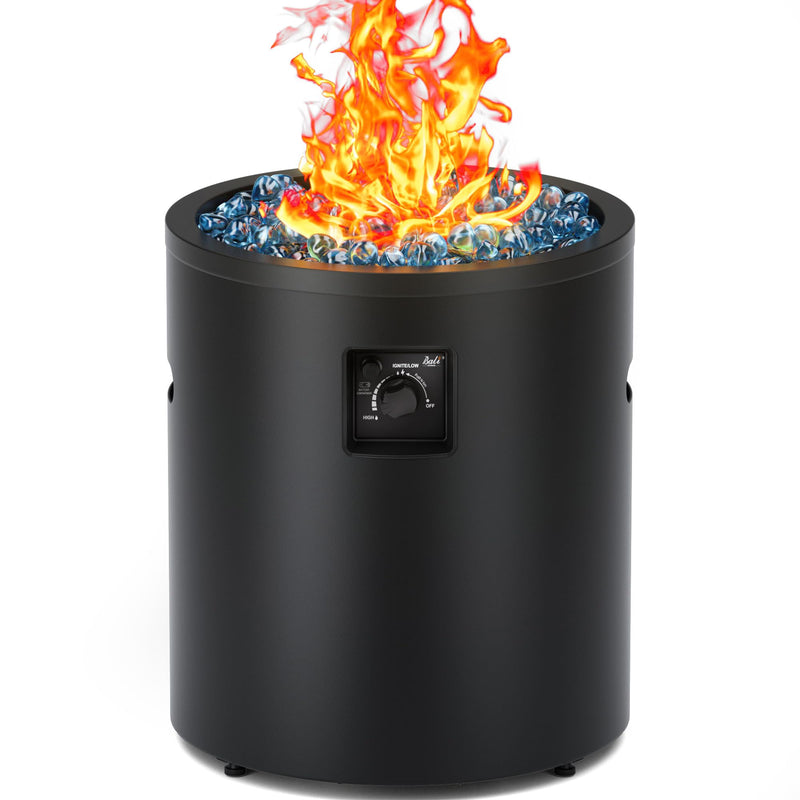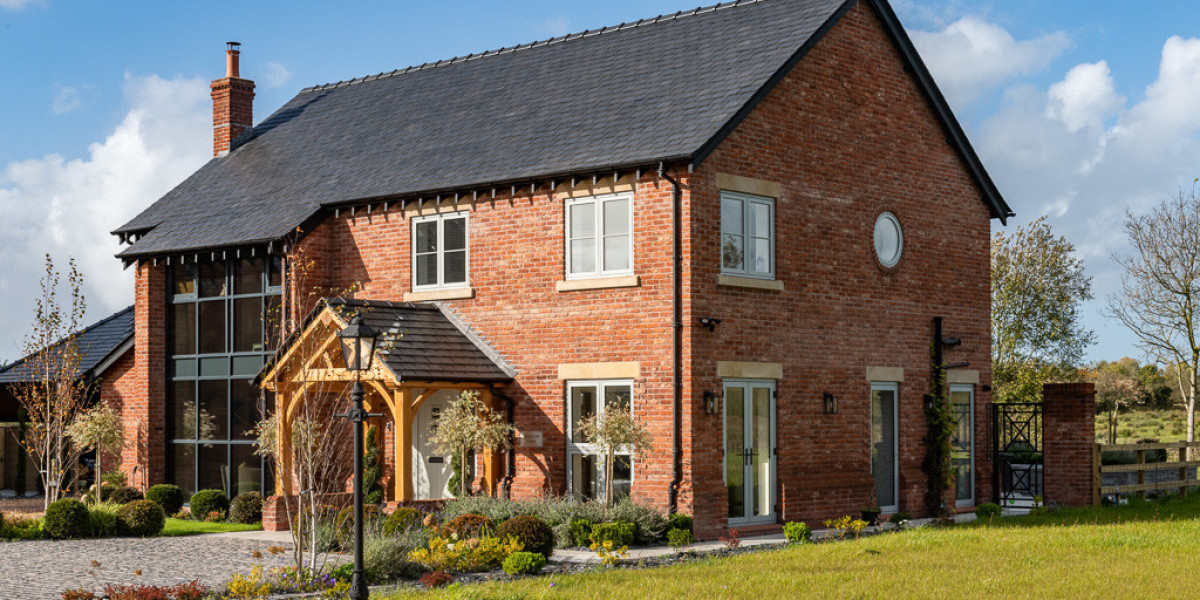Unlock the Secret to Creating the Ultimate Backyard Fire Pit Experience!
A fire pit transforms an ordinary backyard into an inviting oasis, perfect for gatherings with family and friends. Its warm glow invites laughter, storytelling, and moments of relaxation under the stars. The growing popularity of fire pits is no surprise; they serve as a focal point for outdoor entertainment, enhancing the ambiance while providing warmth on cool evenings. In this article, we’ll guide you through the essentials for purchasing the right materials or kits necessary for building your dream fire pit. Whether you’re a DIY enthusiast or a beginner, understanding the basics will ensure you create a safe and enjoyable fire pit experience.

Understanding Fire Pit Basics
A fire pit is essentially an outdoor fire feature designed for safely enjoying a fire. There are various types of fire pits to consider, including built-in options that add a permanent touch to your landscape and portable fire pits that offer flexibility and convenience. When selecting a location for your fire pit, safety is paramount; ensure you place it at least 10 feet away from structures, trees, or flammable materials. Additionally, consider wind patterns to avoid smoke blowing into seating areas. Understanding these basics will help you choose the right type of fire pit and location that enhances your outdoor space while ensuring safety for all.
Materials Needed for Building a Fire Pit
When it comes to building a fire pit, the materials you choose are crucial for both safety and durability. Key materials include fire bricks or stones that can withstand high temperatures, and gravel for drainage and stability. Other essential supplies may include concrete for securing the structure, sand to level the base, and a metal fire ring to contain the flames. Quality materials will not only enhance the longevity of your fire pit but also ensure that it can handle the heat without cracking or breaking. Investing in good materials is vital; it ensures your fire pit remains a safe and enjoyable gathering spot for years to come. I once helped a friend build a fire pit using subpar materials, and we were forced to replace it within a year due to safety concerns.
Choosing the Right Fire Pit Kit
For those who prefer a streamlined approach, purchasing a fire pit kit can be an excellent option. These kits often come with all the necessary materials and clear instructions, making the assembly process straightforward. When selecting a fire pit kit, consider factors such as size and design to ensure it fits your backyard aesthetic. Additionally, think about features like built-in seating or cooking grates, depending on how you plan to use your fire pit. A friend of mine opted for a kit that included a cooking grate, which turned their gatherings into delightful culinary experiences, adding another layer of fun to their outdoor activities.
Cost Considerations and Budgeting
Budgeting for a fire pit can vary widely based on the materials or kits you choose. Basic DIY fire pit projects can be quite affordable, especially if you source materials locally. However, high-quality kits and premium materials may come with a higher price tag. To effectively budget, start by researching average costs for materials and kits in your area. Keep in mind that while it may be tempting to cut costs, investing in quality materials will save you money in the long run by reducing the need for repairs or replacements. Consider shopping during sales or off-season to find more affordable options. My friend discovered that buying materials in bulk saved them a significant amount of money when they built their fire pit.
Shopping Tips for Fire Pit Materials
When shopping for fire pit materials, it’s essential to know where to buy. Local hardware stores often have knowledgeable staff who can provide advice and guidance. However, online retailers can offer a wider selection and competitive pricing. Always compare prices and look for sales or discounts. Before making a purchase, check reviews to gauge the quality of the materials. Engaging with online forums or local community groups can also yield valuable insights from those who have built their fire pits. This firsthand advice can steer you toward the best options available. When my brother constructed his fire pit, he found that reaching out to a local DIY group helped him avoid common pitfalls.
Creating Your Dream Fire Pit
In summary, building a fire pit is an exciting project that can greatly enhance your backyard experience. By understanding the basics of fire pits, selecting the right materials or kits, and budgeting wisely, you can create a safe and inviting space for gatherings. The warmth and ambiance of a fire pit foster connection and relaxation, making it a worthwhile investment for any outdoor enthusiast. So, gather your materials, ignite your creativity, and take the first step towards building your own fire pit – the ultimate addition to your backyard sanctuary!












